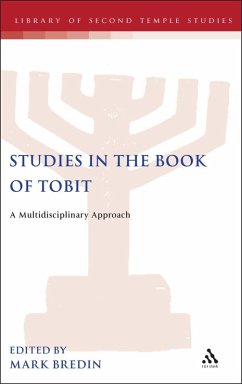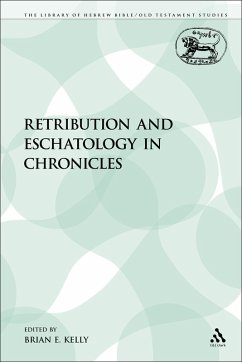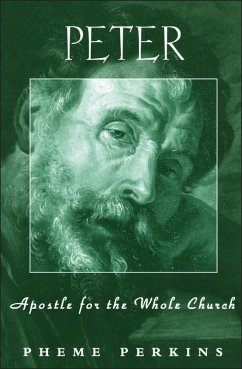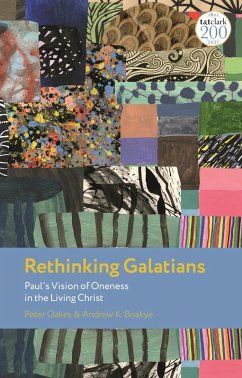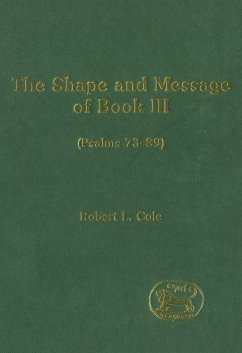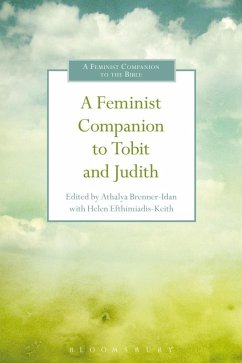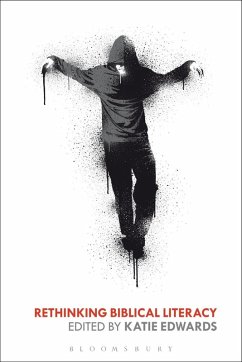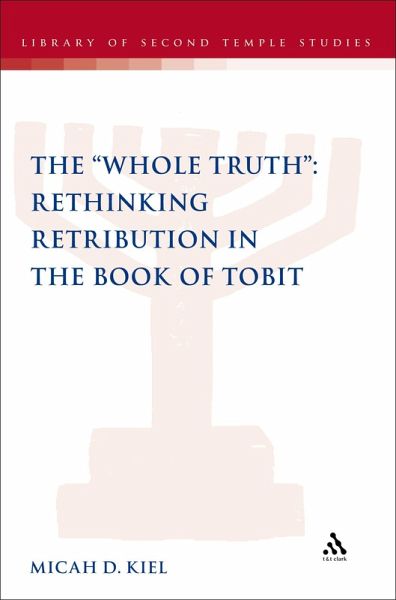
The "Whole Truth": Rethinking Retribution in the Book of Tobit (eBook, PDF)
Versandkostenfrei!
Sofort per Download lieferbar
31,95 €
inkl. MwSt.
Weitere Ausgaben:

PAYBACK Punkte
16 °P sammeln!
Micah Kiel discusses the overly simplistic nomenclature ('Deuteronomistic') given to Tobit's perspective on retribution and attempts to show, by coordinating it with Sirach and parts of 1 Enoch, how the book's view is much more complex than is normally asserted. Kiel argues that the return of Tobit's sight is a catalyst that ushers in new theological insight, specifically, that the world does not run to the tightly mechanized scheme of act and consequence. Kiel's close comparison between Tobit and selected contemporaneous literature provides context and support for such narrative observations....
Micah Kiel discusses the overly simplistic nomenclature ('Deuteronomistic') given to Tobit's perspective on retribution and attempts to show, by coordinating it with Sirach and parts of 1 Enoch, how the book's view is much more complex than is normally asserted. Kiel argues that the return of Tobit's sight is a catalyst that ushers in new theological insight, specifically, that the world does not run to the tightly mechanized scheme of act and consequence. Kiel's close comparison between Tobit and selected contemporaneous literature provides context and support for such narrative observations. Sirach and parts of 1 Enoch demonstrate how authors at the time of Tobit were expressing their views of retribution in the realm of creation theology. The created order in Tobit is unruly and rises up in opposition to God's righteous characters. By way of this quirky tale, the author of Tobit suggests that God does not function strictly according to old formulae. Instead, a divine incursion into human reality is necessary for the reversal of suffering.




